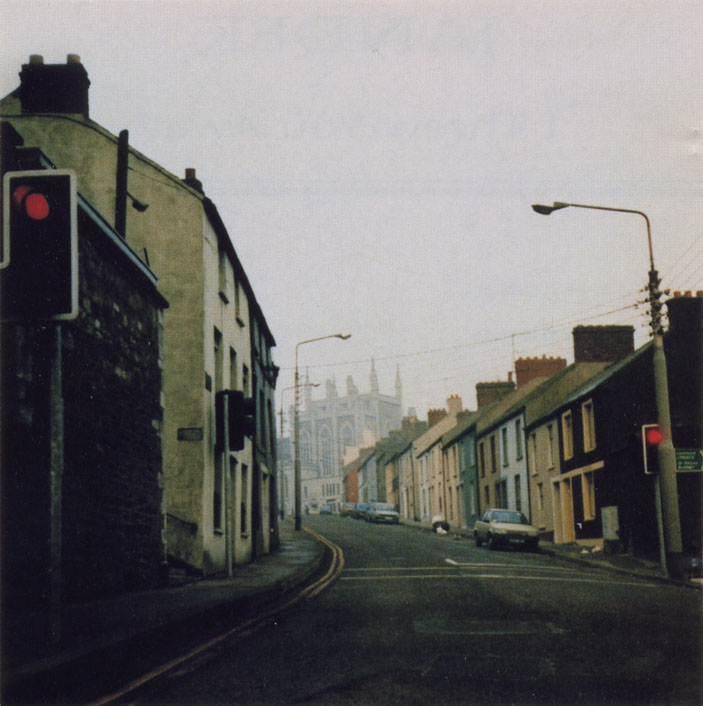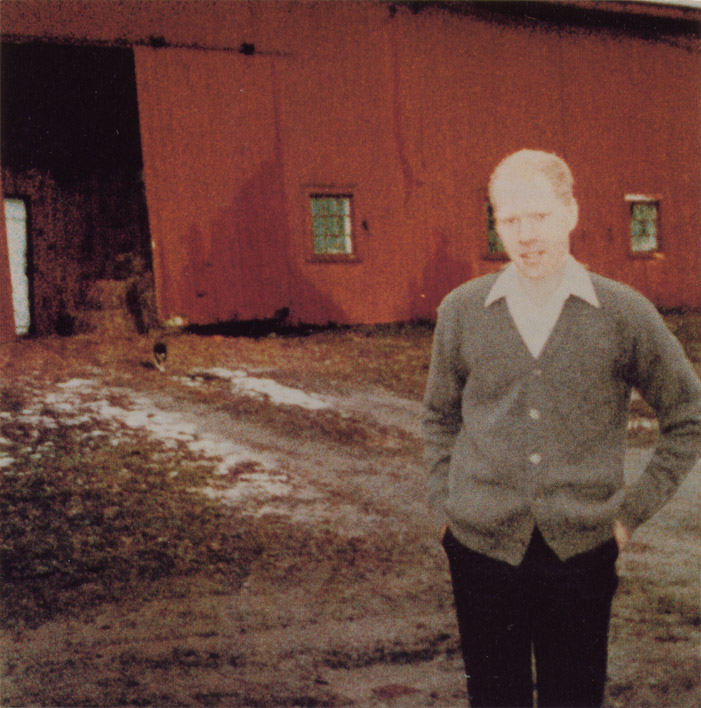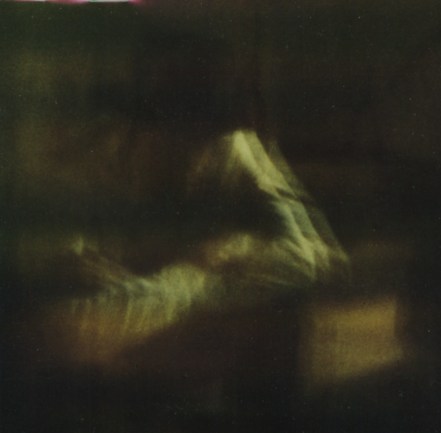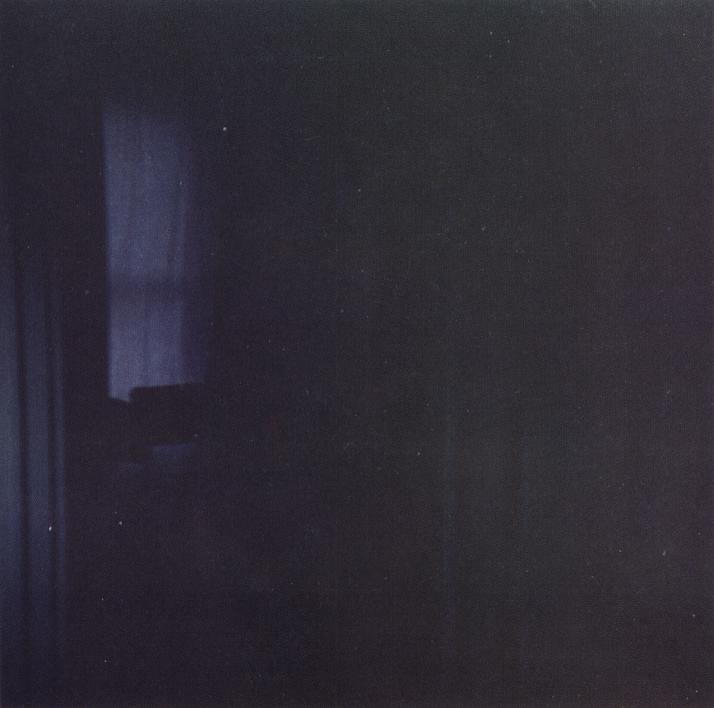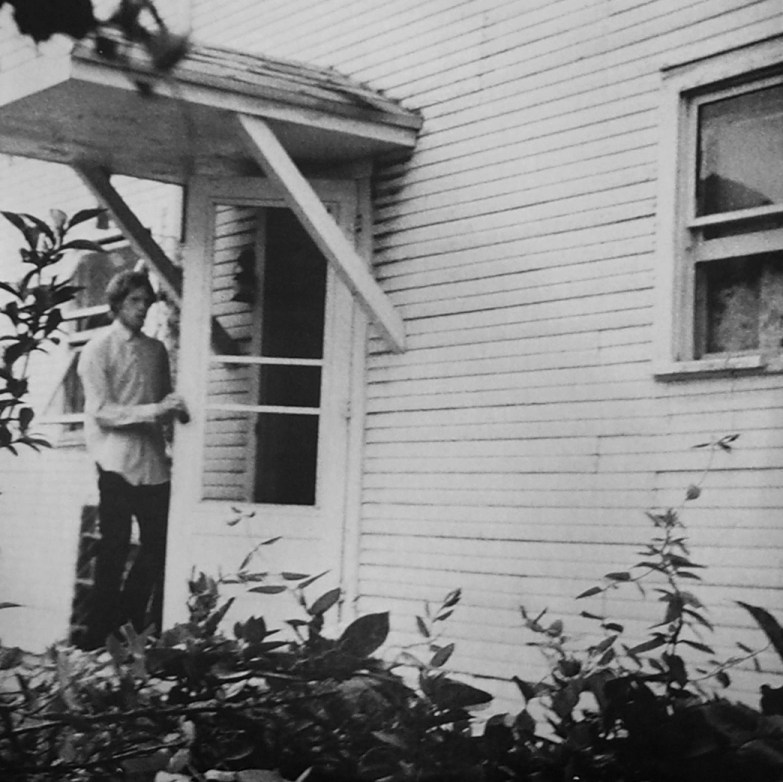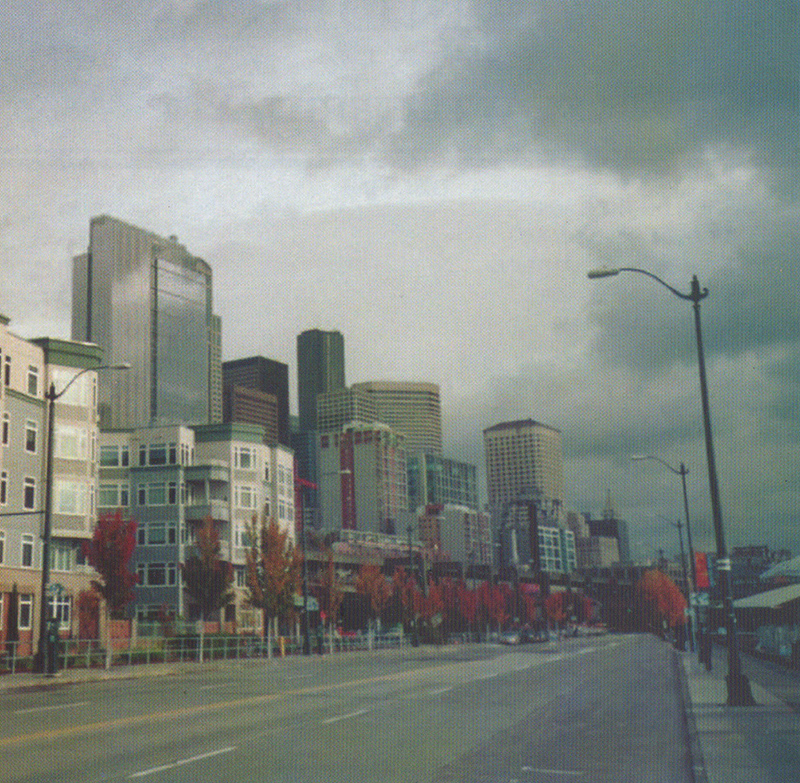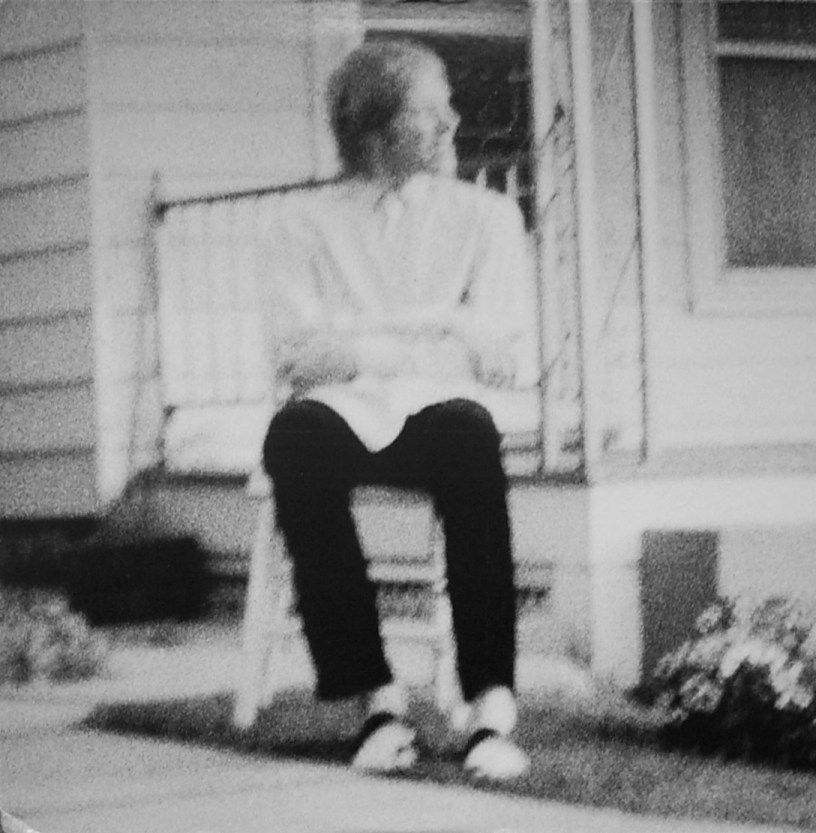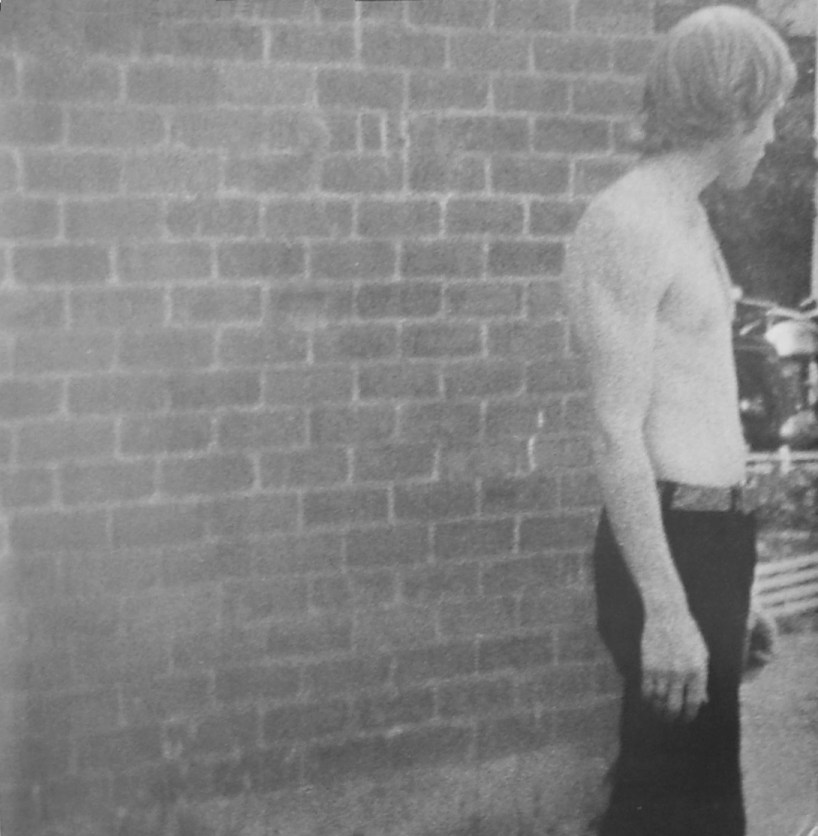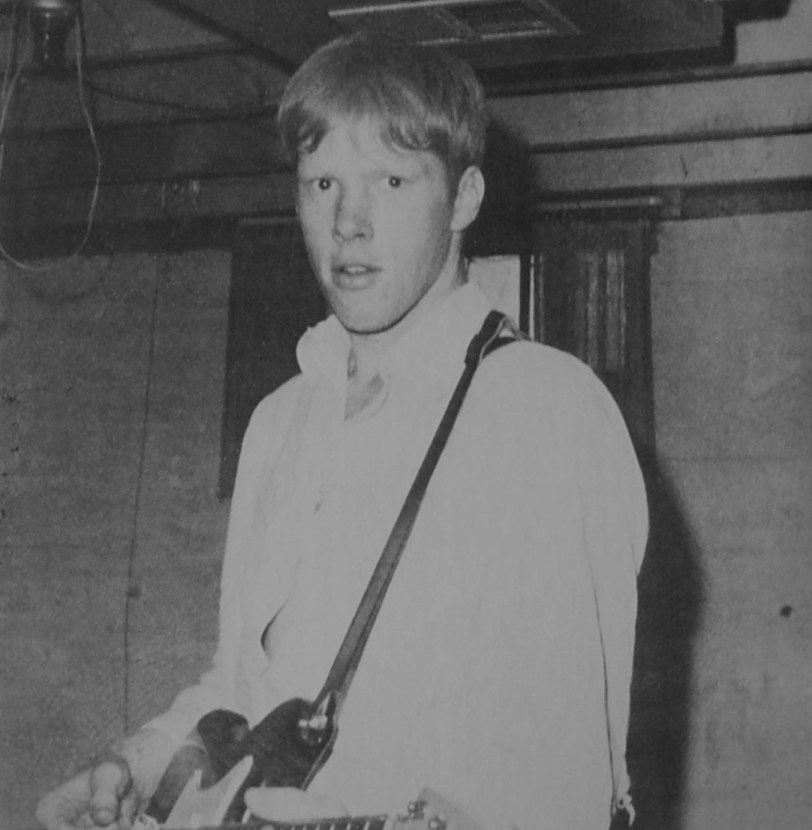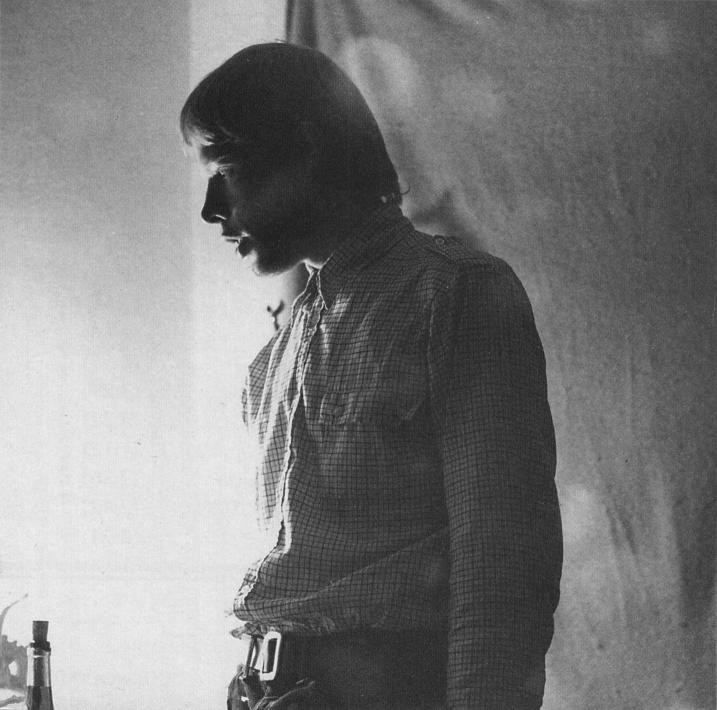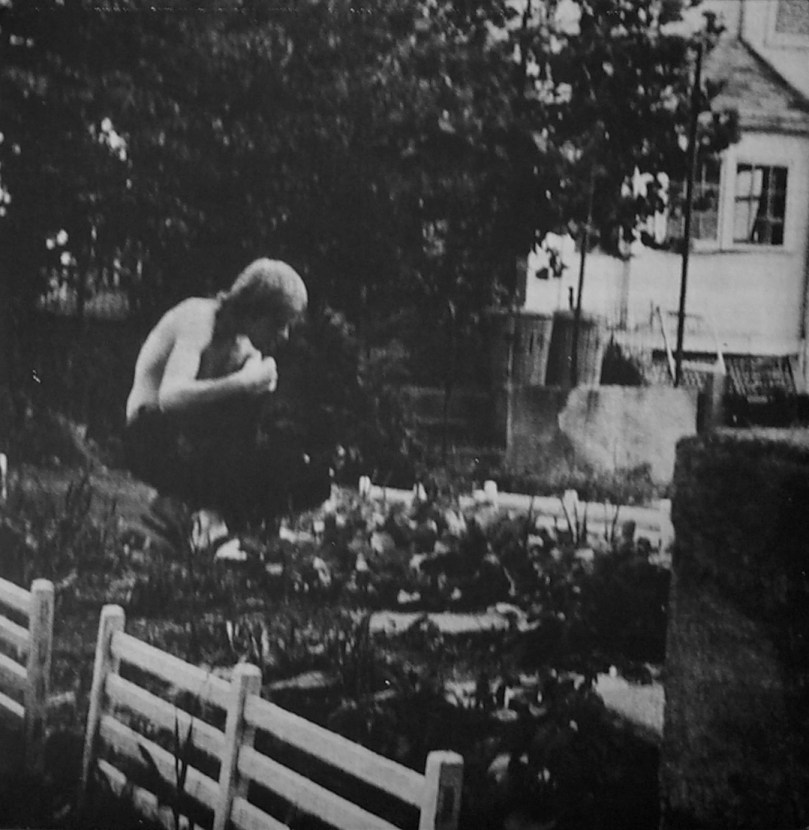
You Walk Alone is my favorite Jandek album, and I don’t know if any of the rest will manage to top this one as I continue my Jandek listening journey because I think You Walk Alone is simply perfect from beginning to end. This album represents the artistic peak of Jandek’s short-lived blues rock era. I read one reviewer write that saying one of the Jandek blues albums was his best was like saying your favorite Picasso piece was one of the paintings from before he discovered cubism. I suppose that’s somewhat true; the album is relatively “accessible” and doesn’t resemble the vast majority of the minimalist, depressive folk music that people might say represents the “spirit” of Jandek. However, that doesn’t mean this album isn’t still uniquely experimental, mysterious, lo-fi, and made by a total outsider with an untouchable innocence. The experimentation is one thing, but I also think the songwriting, musical performance, and lyrics cover a wide range of emotions, and are some of the most convicting and powerful pieces I have ever heard. It goes without saying that other Jandek albums just don’t quite hit like this one.
The album features “professional” electric blues guitar with at least two guitarists who are ostensibly more classically trained than Jandek. The guitar sound is loud, lo-fi, and raw. The songs are melodic, complex, and improvisational, like a conversation between the performers. The drums are the most unusual instrument on the album, and resemble earlier Jandek albums. They have a heavy, primitive, untuned sound, and keep rhythm, but in a strange childlike manner. In general, even if the musicianship on this album might feel sloppy, I think that adds to its unique atmosphere and character. On the instrumental opener “Lavender”, the drums are more like someone running fast than an actual drum beat, but something about their enveloping sound is satisfying and fits the lo-fi aesthetic of the album.
Jandek’s vocals are as good of an instrument on the album as the guitars, as this album features his best vocal work as well. He ranges from gentle whispers, to primal blues-style howling, to emotionally charged belting. He plays with the guitarists with his vocals in the same way they improvise with each other. He reaches the peaks of his intensity and volume when the guitars are at their rawest and most psychedelic.
The second track “Time and Space” is the best of the best, and we’ll have to see if this remains my favorite Jandek song by the end of the listening challenge. The song centers on a basic catchy blues riff with a different variation of a solo at the end of each repetition. Jandek gets silly as he sings his bizarre, existential lyrics about carrying clothes in coffins and putting oranges from Florida in the closet. The drums are similar to those from “Lavender” and complement the rhythmic guitar better here. Each singing-right-in-your-ear repetition of “Ohh, time, ohhh, space” gets more intense as the guitar builds in the same way. The song is so abstractly constructed, but at the same time one of the most brilliantly structured Jandek songs.
The following “The Cat That Walked From Shelbyville” (same lyrics as the avant-garde “For Today” from
Follow Your Footsteps) takes things down a notch and presents a gentle, pleasant, folksy ballad. There are no drums and Jandek’s vocals remain soft, giving the song a sparse, restrained feel. There are once again several guitar solos throughout the song. The lyrics are as bizarre and random as the previous song and add to the abstractness of the music. However, something about the delivery makes them feel romantic regardless of what he’s actually saying.
“Quinn Boys II” reworks the song from
Blue Corpse to be a lot more interesting. The drums are more of the same weirdly satisfying primal pounding. Jandek’s vocals are a bit obnoxious in a way that I like. The song ends up being one of the weaker ones on the album, but there is one part I love when the drums slow down and then stop completely, and then one guitarist plays a beautiful, gentle riff. The other guitarist picks up on what he is doing and starts harmonizing with the melody. Jandek’s vocals get softer and sweeter and the song concludes in a satisfying way.
On “The Way That You Act” (mostly the same lyrics as “Customary” from Interstellar Discussion), one guitar keeps a consistent catchy riff while the other acts like a duet singer with Jandek’s vocals with a solo that lasts through the whole song. I have to stress how catchy the guitar melodies are on this album because you just don’t get it very often from Jandek. He builds up into howling, echoing screams by the peak of the song. The song is so rebellious and primal. The lyrics are made up of more bizarre lines, in couplets this time, but the powerful screaming delivery somehow makes every single line feel important and memorable no matter how nonsensical they may be. “IT BURNS AND I SMOKE IT!! EATS WORMS AND I CHOKE IT!!!”
“I Know the Times” (same lyrics as “Open E” from
Modern Dances) is the album’s weakest track, but it’s still fantastic by Jandek standards. The song is the only one here to feature the alternate male vocalist, the same one who sang the first few songs on
Blue Corpse. His vocals are not as fervent or avant-garde as Jandek’s, but introduce a different flavor of old school blues type singing that’s still beautiful and haunting in its own way. The guitars and drums take it slow and simple here with a small build up at the end. The lyrics speak of the simple message of treasuring the finite moments we have to spend with one another in a profound, poetic way.
The 9 minute “When the Telephone Melts” (another lyric reworking, of the title track from
Telegraph Melts) is another Jandek masterpiece. The song takes the toned-down, melancholic route as a contrast to the grit of the preceding songs. The song manages to stay engaging for its length. The rhythm guitar is slightly out of tune and the primitive drums gently pound throughout the song, setting up the devastatingly bittersweet tone of the song. The lead guitar is constantly changing and finding new ways to reinforce the powerful emotion of the song, and once again works like a duet with Jandek’s vocals. The vocals are non-traditional and don’t follow any typical melodic progressions, but this song is still the best example I can give of Jandek’s genuine vocal talent. The vocals are Bob Dylan-esque because they sound careless, but are actually deliberate and quite impassioned. Jandek doesn’t harmonize with the instruments, but he sings off key in a specific way that perfectly conveys the pain and passion in his voice.
The lyrics of “When the Telephone Melts” are the best on the album. My interpretation is that they are about a man who left a woman, and he feels conflicted about her because she would always hurt his feelings and joke about him. She may come back to him after a long time of separation, but he doesn’t know if he’ll let her stay because of how she treated him. He reminisces about how he would laugh along with her, but once he tried to get in on the joking himself, he realized they had different points of view and that it is hard to find the real her. The ending is a powerful, ambiguous line: “Well you can joke about me baby / Yeah you can say my name in vain, say my name in vain…”
The closer “War Dance” has grown on me a lot. Jandek ends the album with another punchy, rebellious cut. His vocals are mixed louder and his mouth is right on the mic, distorting his voice and giving it a humorous tone. He sings chantingly about a tribal dance, war, and animistic power. The closing lines are a memorable ending to the album.
“Sun give us the strength to live
Wind bring our path back home
Oh moon, give us stealth
Oh moon, flow like their blood
Oh rain, flow like their blood
At the pierce of our spear
At the pierce of our spear”
You Walk Alone was one of the first blues rock albums I had listened to, and ends up being the Jandek album I revisit the most. I listened to most of the songs where the lyrics originated after I had already heard this one multiple times; I find it fascinating how Jandek reworked some of his best and more bizarre older lyrics to work within much more melodic and complex song structures, particularly the transformations of “Customary” to “The Way That You Act” and “Telegraph Melts” to “When the Telephone Melts” (both original songs are still great in their own way). Also, the amount of meaning I found in the smallest details of the guitar work on each subsequent listen certainly intrigued me to start listening to more of the blues genre. I love how this feels like the biggest, most well-executed concept Jandek ever created.
10/10
Essential album?: Yes
Essential songs:
Time and Space*
The Cat That Walked From Shelbyville*
The Way That You Act*
Quinn Boys II
When the Telephone Melts*
War Dance

